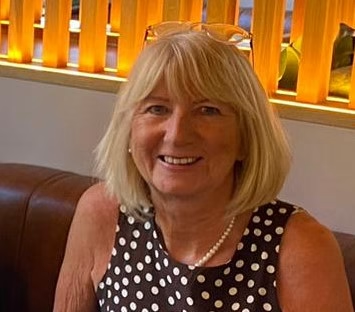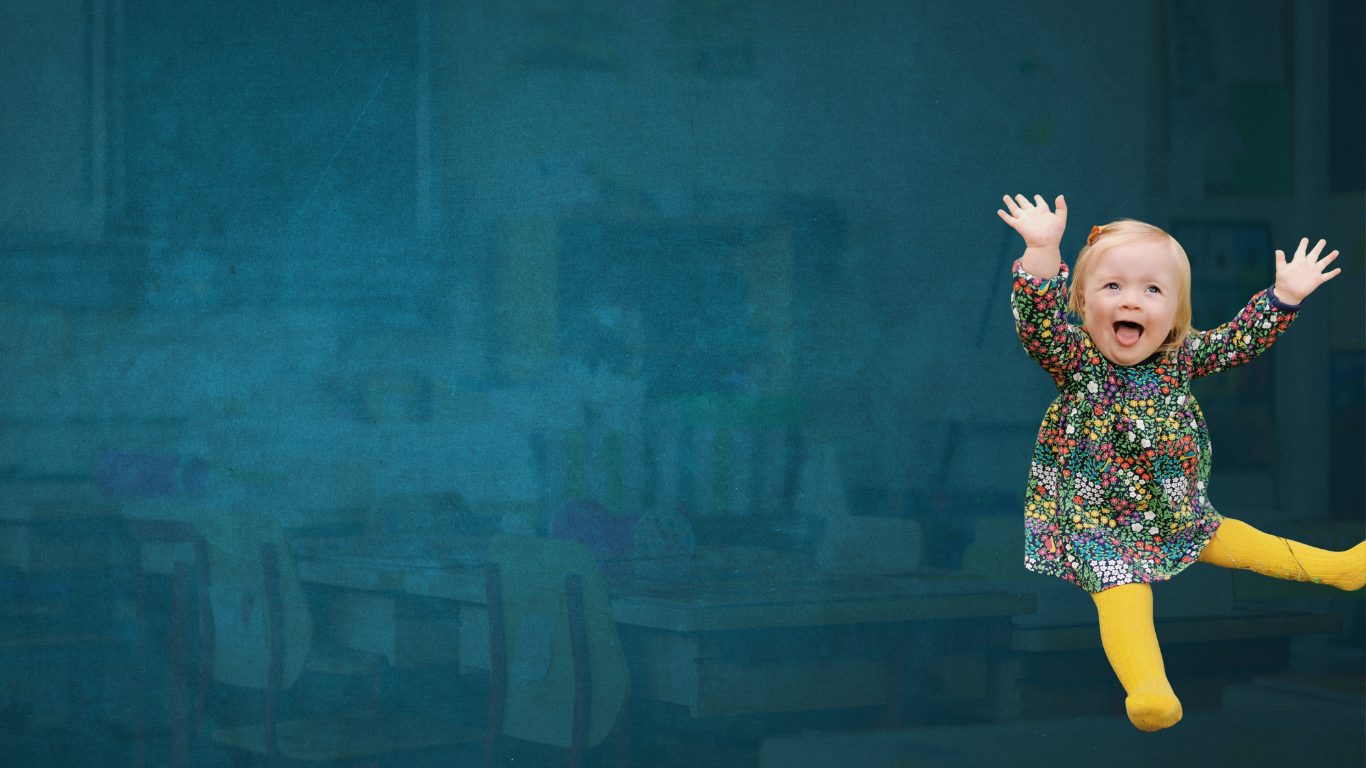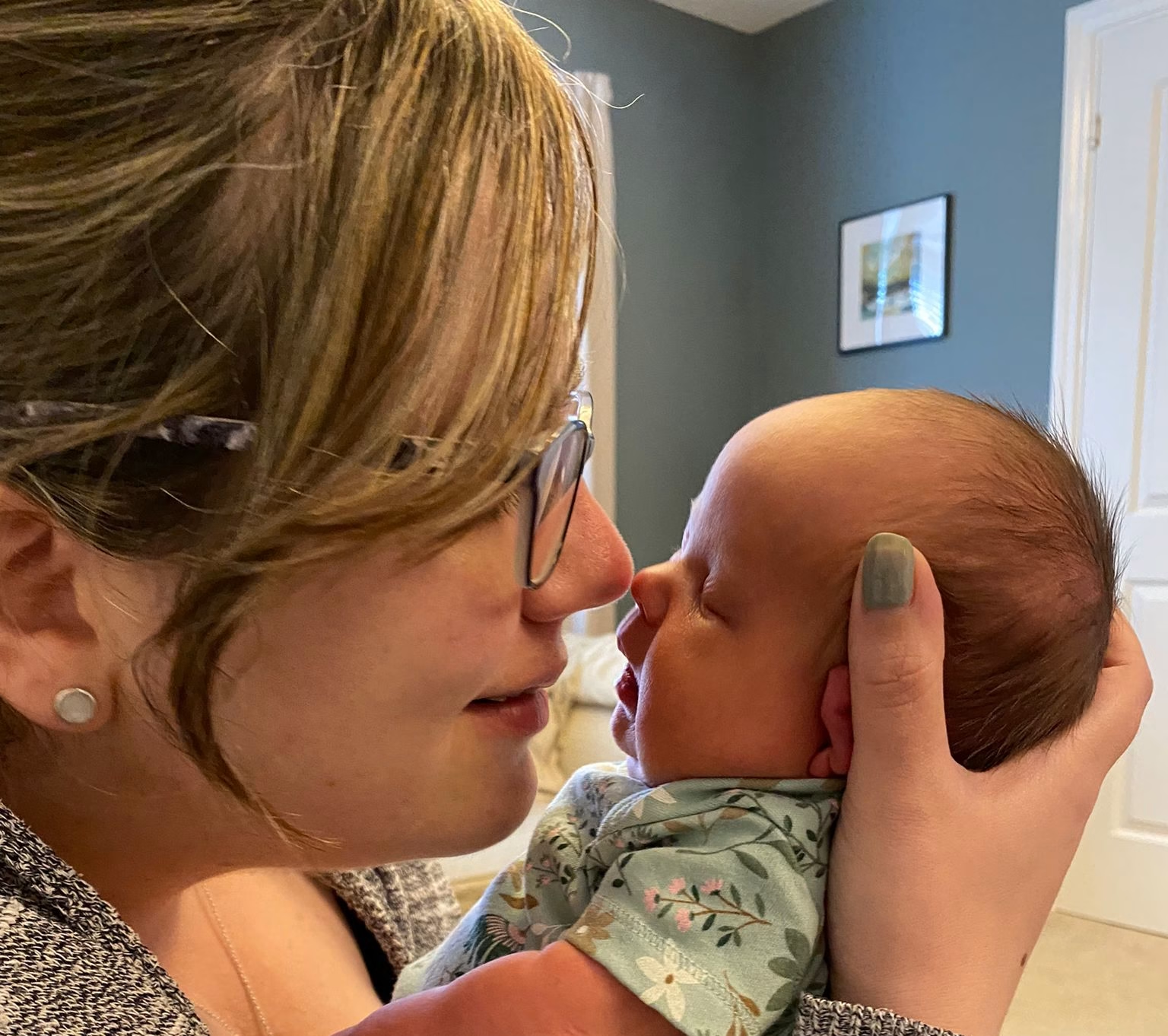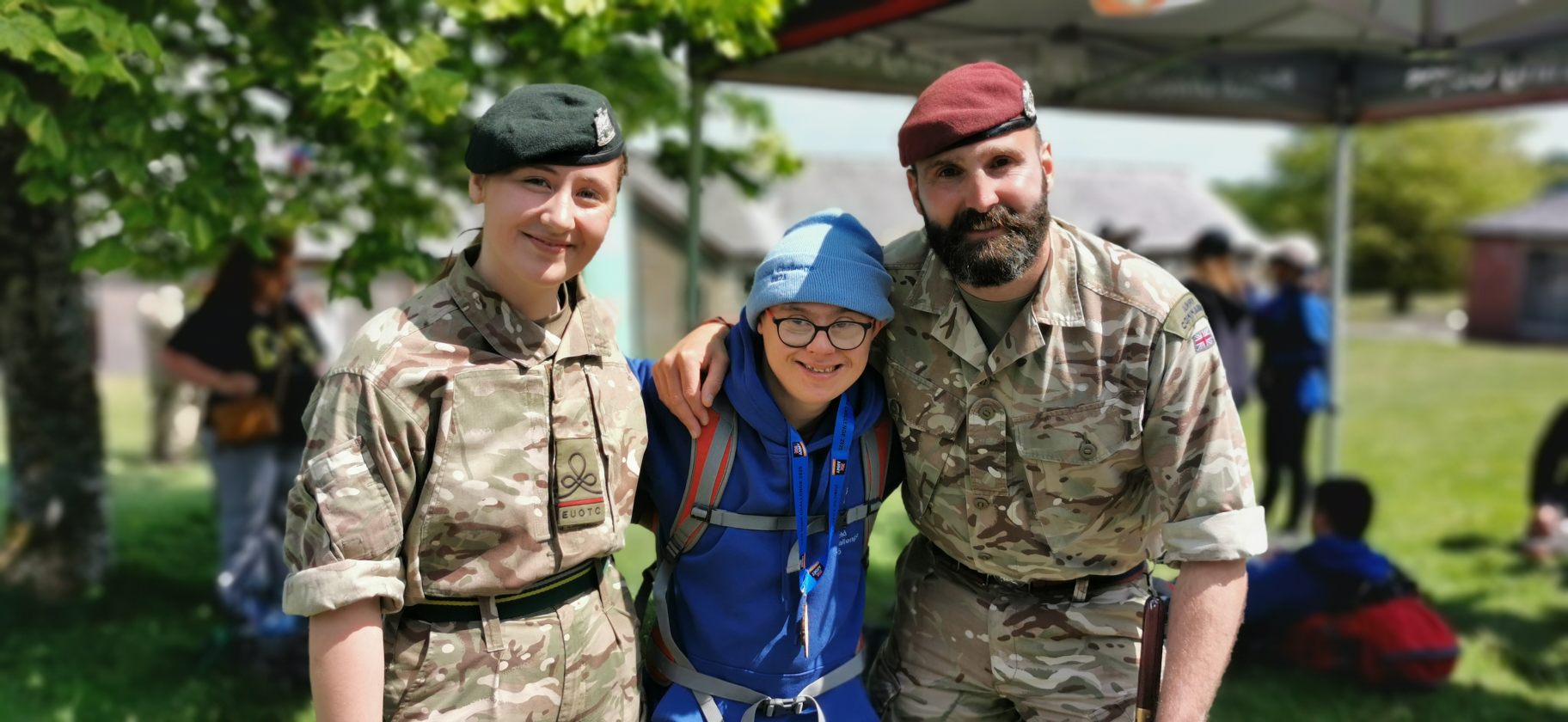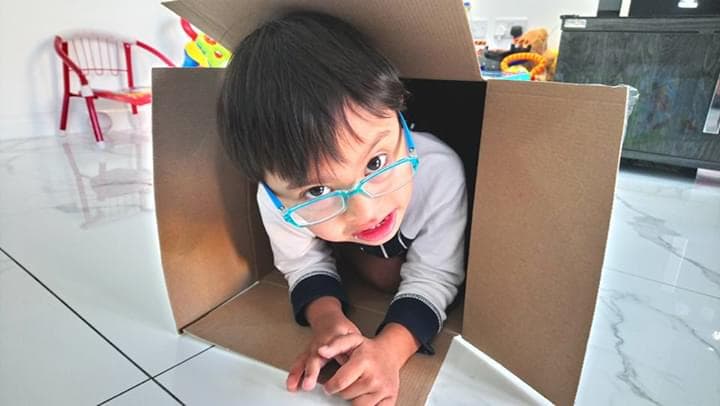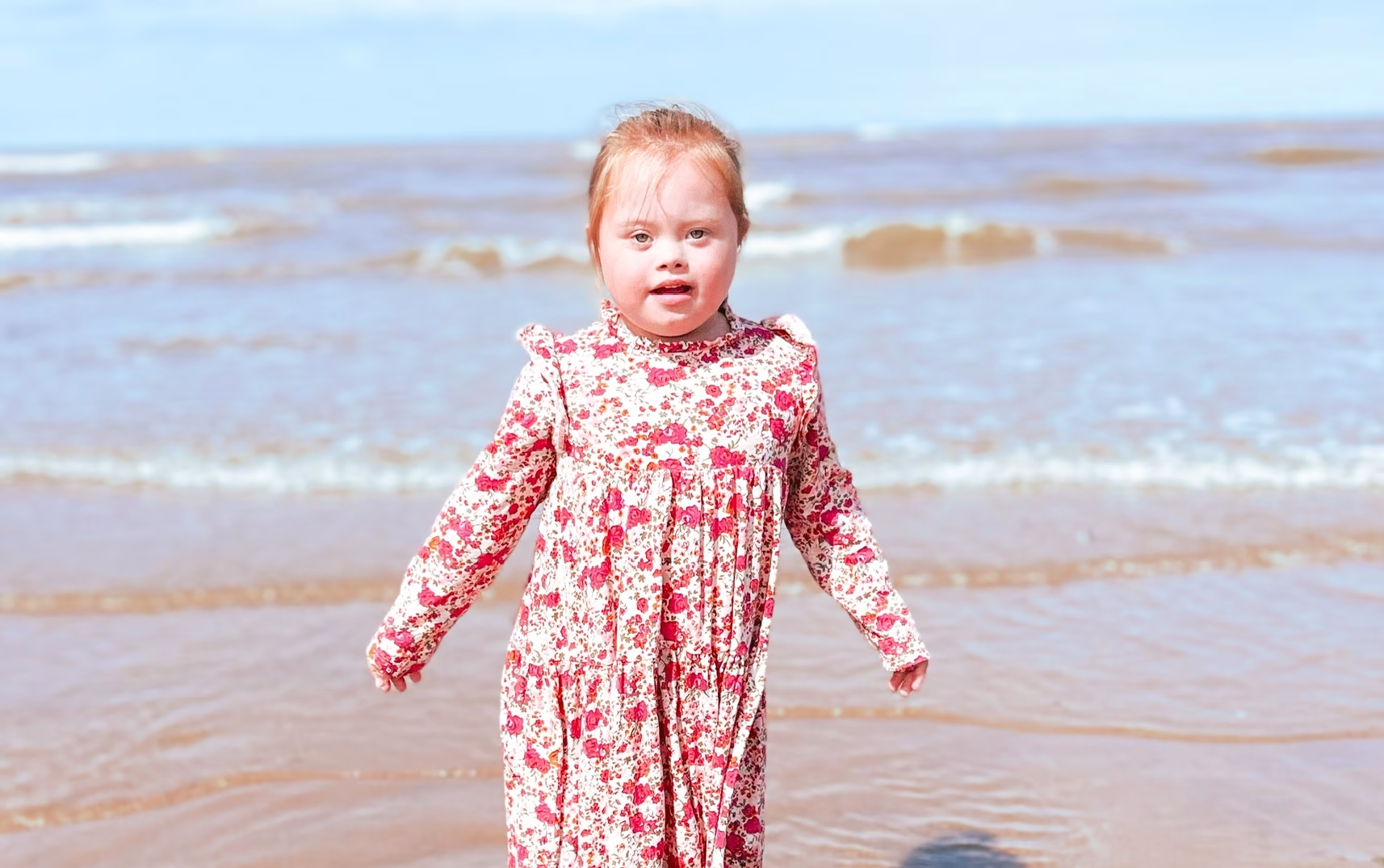- by June Rogers MBE
You have booked a number of home visits for today and I am number three of the children on your list. I understand you are new to your job and have not had a child with Down syndrome on your caseload before, so you are, understandably, uncertain. You stand in front of my house feeling nervous about saying the wrong thing, doing the wrong thing. You don’t know what to expect. Please don’t worry – you’re not the first and won’t be the last!
My mummy opens the door and invites you in. She is happy to see you and is keen to introduce you to me, her beautiful, brilliant boy. She goes to make you tea while I play in the corner of the room.
What you see as you watch me is a child who is not yet talking and not yet walking, and immediately you conclude that I have learning disabilities and physical disabilities and am going to struggle to pick up new skills.
When my Mummy returns with the tea, she sees something different. She sees a child who is eager to learn, brimming with enthusiasm for life, a unique little boy who loves to engage, especially with grown-ups.
Mummy asks me to show you my favourite book, and you are surprised when I pick it up and show it to you.
‘That’s clever!’ you say, and I give you a big smile and you find yourself smiling back, naturally, with no awkwardness. I like you and I begin to trust you. You start to relax. You watch as I try to stand up and give you the book – it takes several attempts, but I persevere because I am determined to do it. Eventually I succeed.
‘He is a determined little fellow,’ you say, and I am so pleased that you’ve said it, and we smile at each other. You begin to realise that it’s not just Mummy I understand, but you, too.
You have many forms to fill – speech therapy, physiotherapy, development assessment and you work your way through them diligently. As you ready yourself to leave, Mummy talks to you about potty training, and I can see you’re taken aback – you’ve assumed that a child who can’t talk or walk couldn’t possibly be ready to be toilet trained. I watch your face with interest as my Mummy explains to you that I always use the potty after meals and am virtually there. I feel happy when I hear you say that I’m far ahead of most other children, and quietly you think to yourself that perhaps you should be suggesting to parents of normal children that they should be doing what I’m doing. I feel quite proud not to be normal.
At the end of the visit, you come to realise that I am not so different from any other child you look after. We each have such varied needs and abilities. You wonder why you were so nervous when you knocked on our door, and wonder what “special needs” really means? All our needs are special. You look at me and see a vibrant little boy raring to explore.
As you leave you say goodbye and smile and I can see the smile comes from inside you. Both of us, you and I, look forward to the next time you visit.
Yours,
A three-year-old boy who wants you to have high expectations of him.
Written by June Rogers, MBE Children’s Specialist Continence Nurse (35 years toilet training children with Down syndrome)
Share this post
Author
 Specialist Children’s Bladder & Bowel Nurse
Specialist Children’s Bladder & Bowel NurseJune Rogers worked as a Specialist Children’s Bladder & Bowel Nurse for over 35 years. With a special interest in children with physical and learning disabilities, June has presented and published widely as well as winning several Awards for her work, including an MBE in 1997. More recently she won the 2024 BJN Continence Nurse of the Year. Working at a National level June was involved in several NHRI studies, NHS working groups and NICE Guidelines and Quality Standards, including Childhood Constipation. Now retired June is working with DSUK Positive About Down syndrome (PADS) developing resources and supporting families to manage continence problems more effectively.
View all posts


